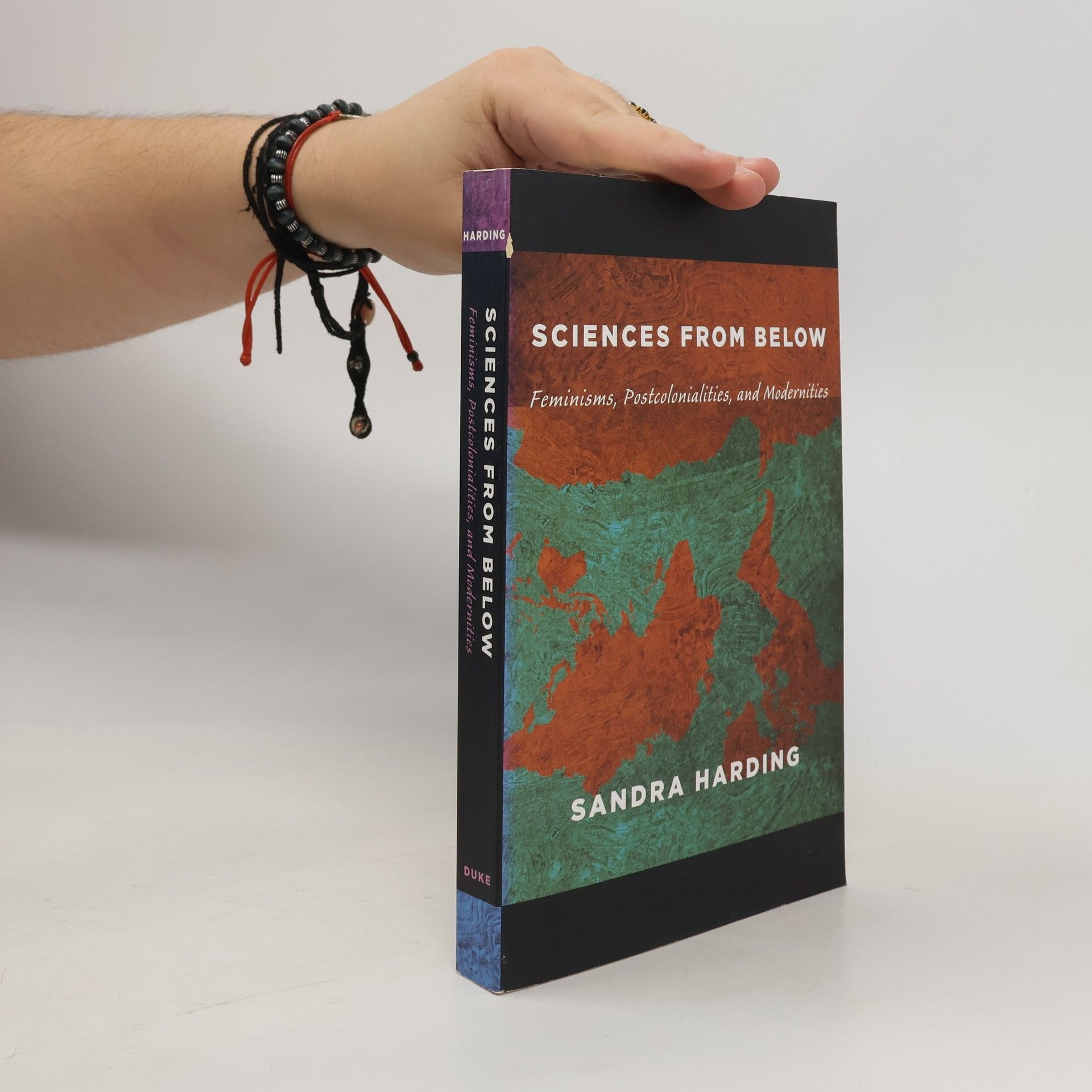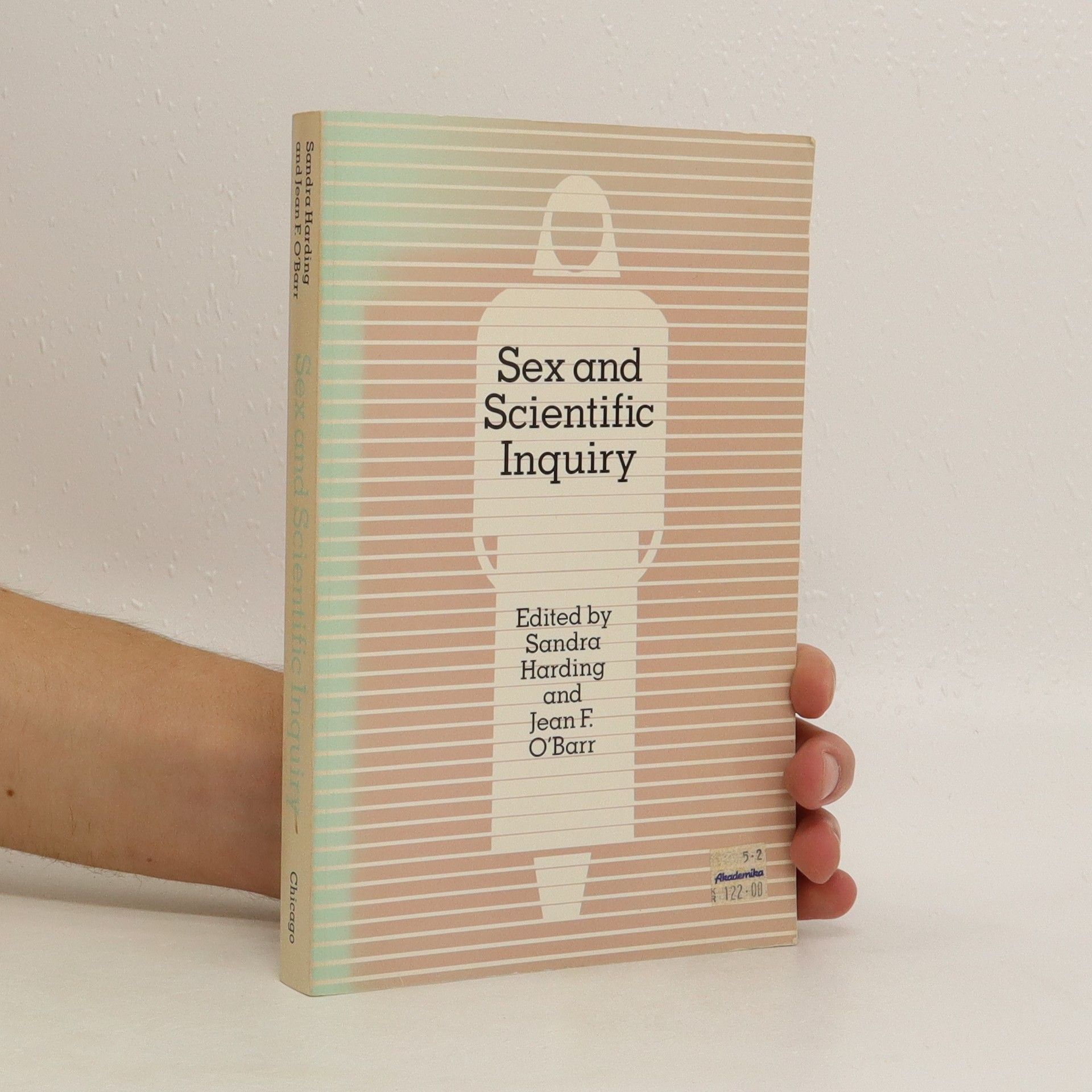Sandra G. Harding Livres
29 mars 1935




Can science, steeped in Western, masculine, bourgeois endeavors, nevertheless be used for emancipatory ends? In this major contribution to the debate over the role gender plays in the scientific enterprise, Sandra Harding pursues that question...
A preeminent science studies scholar shows how feminist and postcolonial science studies challenge the problematic modernity versus tradition binary.